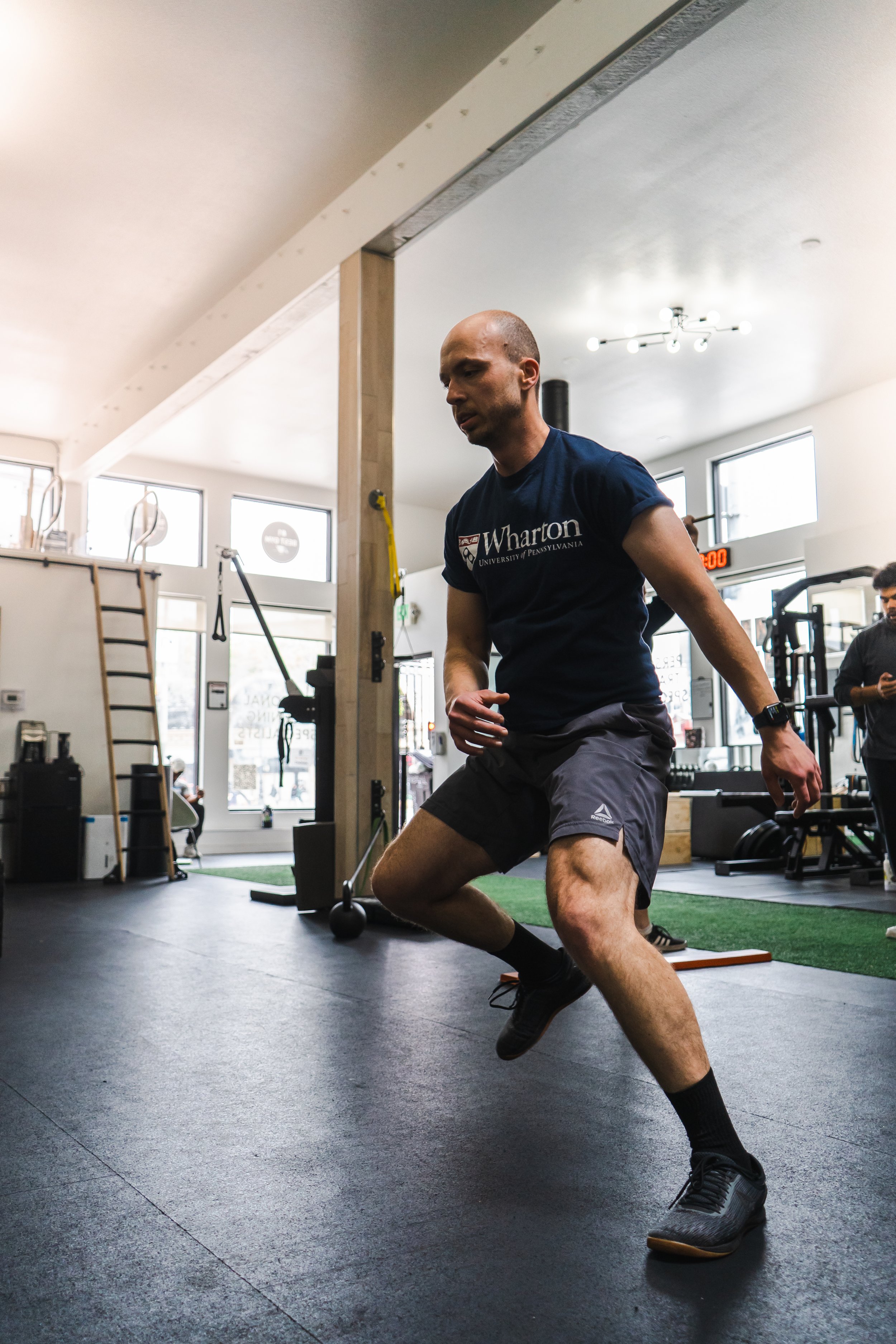Screw the Scale
I get this question a lot: “I just started exercising, so why am I gaining weight?” I’m pretty sure many of us have experienced this. We start a new training program and the number on the scale stays the same, or even worse, it goes up. Truth is, this is completely normal - and temporary. When we start a new exercise program and our bodies aren’t adjusted to that type of stress, our muscles may become inflamed. Most of the weight you see on the scale is probably not fat, but temporary water weight due to inflammation. However, it could also be an increase in muscle mass. Yay!
Again, one reason you may have gained weight in your first month of training is due to inflammation. When you work out a given muscle, you’re basically causing tears in your muscle fibers. This is usually referred as "microtrauma" and is why you feel sore the next day. But on the bright side, your body heals these little tears and makes your muscles stronger as you continue to lift heavy weights - essentially, your body adapts to the stress. That’s how you can get stronger and more fit: you create adaptation to whatever you’re doing, whether its cardiovascular training or strength training. During the first month of a new training program - especially if you’re new to fitness - there’s definitely going to be a lot of adaptation going on and these fluid build-ups caused by inflammation might show up on the scale. But don’t worry, once your body is adapted to this stress, the scale should go back down. Just keep working hard and trust the process.
Another reason why you might see weight gain within the first few weeks of training is that you’re building muscle faster than you’re losing fat. Muscle is more dense than fat, thus taking up less space. Next time, rather than stepping on a scale, measure your circumference instead. It’s often the case that, if you do gain muscle mass, the scale might go up, but you’ll probably fit better in your jeans.
Often times, we define fitness by body weight. I’ve seen so many people throughout their fitness journeys lose motivation because the scale wasn’t budging. But what does that number really mean? Does that mean they’re not progressing? Not getting stronger? Not becoming healthier? Chances are, the answer is no. Place the scale aside and focus on what really matters. Do your clothes fit better? Do you feel better? Are you happier? If the answer is yes, disregard the scale.
People may not consider the early changes to their bodies as a good thing. The key is to not let that number define your hard work and discourage you from working out or eating healthy. So, instead of weighing yourself, pay attention to what really matters: strength, endurance, health, how you feel, and most importantly, happiness. You’re so much more than just a number! Again, once you’ve been working out consistently, your muscle gains and water weight should stabilize. So keep doing what you’re doing and don’t lose faith. Be patient. Stick with your program. Don’t let any arbitrary number tell you how well or not you’re doing if you’re seeing positive physical changes. Like what successful people say, “Age is just a number.” Well..your weight is just a number, too.











